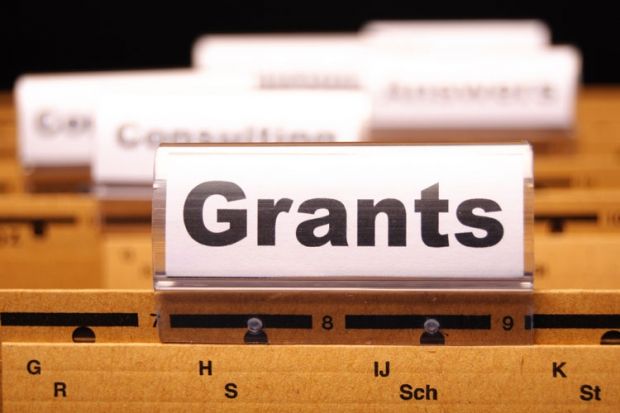Action Medical Research
- Award winner: David W. Carmichael
- Institution: University College London
- Value: £164,035
Epilepsy in children – improving scanning before surgery
- Award winner: Elizabeth Tanner
- Institution: University of Glasgow
- Value: £117,5
Breathing difficulties – developing a stent for tracheal (windpipe) deformities in children
Royal Society
Wolfson Research Merit Awards
Awards are worth £10,000-£30,000 a year, which is a salary enhancement
- Award winner: Jonathan Higgins
- Institution: Newcastle University
Histone phosphorylation in mitosis and meiosis
- Award winner: Jonathan Keating
- Institution: University of Bristol
Statistics of arithmetic functions and matrix integrals
- Award winner: Oscar Marin
- Institution: King’s College London
Understanding cortical interneurons in health and disease
- Award winner: James Naismith
- Institution: University of St Andrews
Characterising membrane proteins by biophysical methods
Leverhulme Trust
Research Project Grants
Sciences
- Award winner: Mahesh Marina
- Institution: University of Edinburgh
- Value: £232,512
Application-oriented TV white space networking
- Award winner: Douglas Mair
- Institution: University of Aberdeen
- Value: £238,775
Calving glaciers: long-term validation and evidence
- Award winner: A. Adamatzky
- Institution: University of the West of England
- Value: £249,754
Artificial Paramecium: intelligent distributed sensing and manipulation by ciliates
- Award winner: Ortwin Hess
- Institution: Imperial College London
- Value: £184,819
Extreme non-linear chirality in THz metasurfaces
International Network Grants
Social sciences
- Award winner: Par Engstrom
- Institution: University College London
- Value: £124,799
The Inter-American human rights system: assessing its development and impact
- Award winner: Francesco Goglia
- Institution: University of Exeter
- Value: £94,658
Shifting sociolinguistic realities of the nation of East Timor and its diasporas
In detail

Award winner: Tamsin Saxton
Institution: Northumbria University
Value: £53,266
Dating, mating and relating: how parents shape offspring partner choice
This project blends theoretical biology and cognitive psychology in a study of how parents – subconsciously and directly – could influence their grown-up children’s preferences and behaviour when it comes to choosing partners. The research will investigate the reasoning behind partner choice and how it might lead to family conflicts. It is also significant for understanding Charles Darwin’s theory of sexual selection – the extra evolutionary pressure that reproduction exerts. “The project is motivated by evolutionary theory,” explains Dr Saxton. “We often behave in ways that increase the likelihood of the survival and reproduction of our genes. Our genes can be propagated via our grandchildren; yet the characteristics of our grandchildren are closely tied up with our offspring’s partner choice. So parents might be shaping their offspring’s choice of partner in ways that might enhance their evolutionary prospects.”
Register to continue
Why register?
- Registration is free and only takes a moment
- Once registered, you can read 3 articles a month
- Sign up for our newsletter
Subscribe
Or subscribe for unlimited access to:
- Unlimited access to news, views, insights & reviews
- Digital editions
- Digital access to THE’s university and college rankings analysis
Already registered or a current subscriber? Login

